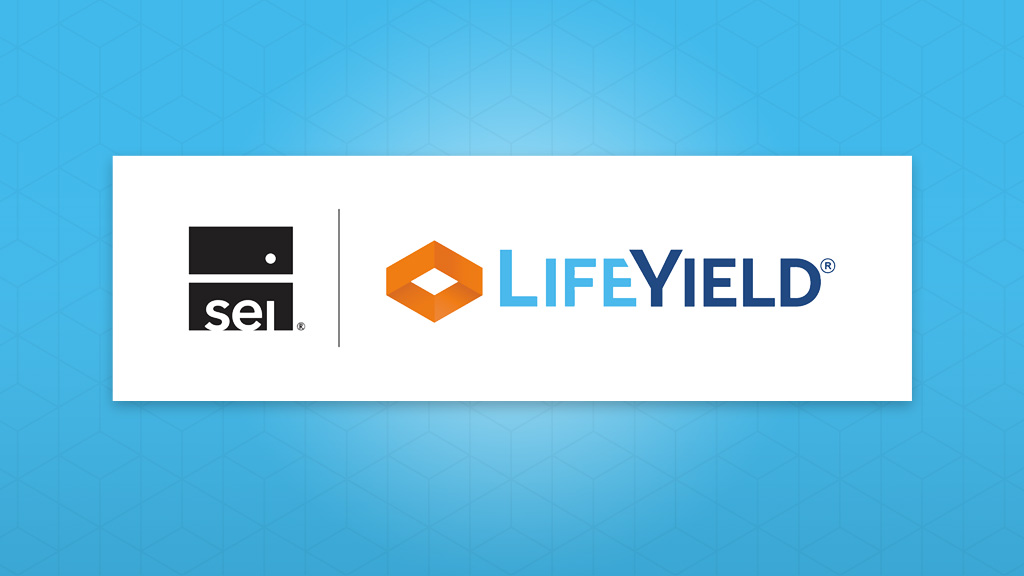How to talk to clients about tax-smart investing

No investor can escape taxes. Most investors try to forget about taxes until it’s time to file their returns, but by that time, it is often too late to implement any strategy to reduce the amount owed. That’s where advisors can help.
Start by auditing an investor’s portfolio to determine if their investments are located in the most advantageous accounts. The result of this audit will help determine the optimal location of their assets to maximize their after-tax rate of return. After all, it’s not about how much money an individual makes—it’s how much they have left to invest after taxes that matters most.
Being tax-smart means considering all elements that determine your client’s tax bill, then optimizing their investment strategy to produce the best possible outcome to help achieve their investment goals. Creating a tax-smart asset allocation and asset location for clients creates undeniable benefits for both the investor and advisor.
Why it matters for investors
Investors in higher tax brackets are certainly interested in tax-efficient investing because the potential savings are substantial, but every investor can benefit from a tax-efficient portfolio. In addition to reducing the amount clients have to reinvest, taxes can create considerable liquidity barriers for investors who face huge tax penalties for accessing their money at the wrong time.
Benefits of being tax-efficient for advisors
Advisors who help clients avoid unnecessary taxes generate higher returns for investors and ultimately increase their own AUM. If they can also quantify the benefits they’re providing, advisors can show clients how they’re proactively managing their portfolio. This differentiated approach builds trust with clients, creating stronger relationships that last. These long-lasting relationships are crucial. If clients understand the benefits of this tax-alpha producing long-term investment strategy, they become clients for life.
How the Taxficient Score® can help advisors
LifeYield’s Taxficient Score offers a personalized approach to quantifying the tax-efficiency of an investor’s household-level portfolio. Taxes create a significant drag on portfolio returns and it can be difficult for clients to grasp the true impact, especially if their assets are scattered across various taxable and tax-advantaged accounts and various advisors and custodians. The Taxficient Score helps advisors compare a client’s current portfolio tax-efficiency to the optimal tax-smart location of their assets. The Taxficient Score helps advisors quantify the impact their investment strategy is having on the clients’ portfolio, turning complexity into simplicity.
LifeYield’s Taxficient Score lets advisors assess and communicate the tax-efficiency of a client’s portfolio and recommend the next-best-action to improve it. The result: Optimal outcomes that lead to greater trust, improved client retention, asset consolidation, and increased referrals.
Monthly insights from our Chief Growth Officer, Jack Sharry
Get exclusive insights and interviews from around the industry

 By
By 




